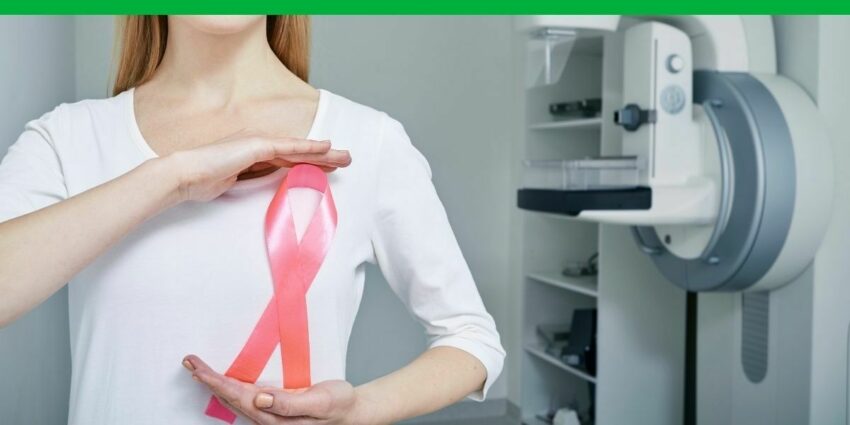
The importance of scheduling regular mammograms
Post Date - Sep 28, 2023
With Breast Cancer Awareness month quickly approaching in October, we wanted to get ahead of the curve and take some time to discuss one of the best ways women can support their health: getting regular mammograms. Ascend wants to support all our drivers in their personal health journeys! With this in mind, we researched the importance of mammograms, their benefits, and how often you should have them completed.
How mammograms work
Mammograms are an integral part of maintaining your health and the process of getting one shouldn’t create any anxiety – the procedure itself is relatively simple! Getting a mammogram means that an X-ray is taken of your breast tissue to determine if there are any indicators of breast cancer. During a mammogram, a certified mammographer will place each breast between two X-ray panels, the panels will press on your breasts, and using very low radiation, a photo will be taken of the tissue. Each image takes less than one minute, making the process quick and easy, with the entire procedure taking about 30 minutes.
The benefits
Not only are mammograms a completely non-invasive treatment and require no recovery time, but they are also the most effective way to catch breast cancer early in its progression. This means more treatment options as well as a 90% chance of survival. Making time for breast screenings is a huge part of maintaining your health and can save you from very serious health complications.
We know heading into the doctor’s office for any reason isn’t exactly thrilling but figuring out a mammogram schedule personalized to your health, family history, and age, helps maintain your health and can even save your life – nothing is as important as that!
Frequency of mammograms
Mammograms should be completed regularly – yearly or bi-yearly depending on your individual health and risk factors - but the exact frequency and what age you will start to go for them will be based on your doctor’s recommendations. Since your chance of developing breast cancer increases as you age, you and your doctor should discuss an individualized schedule for getting you in the office for regular mammograms.
If you begin experiencing certain symptoms, you should immediately schedule an appointment with your healthcare provider for an evaluation and mammogram. Those symptoms include sudden changes in your breasts including lumps, swelling, discharge, skin discoloration, or pain.
When you’re a driver at Ascend, you can rest assured that your health is a top priority. Does your carrier support your health and wellness? If not, connect with us today and learn more about making the move to Ascend!
Sources:
1 National Breast Cancer Foundation: Myths (accessed July 2021): nationalbreastcancer.org.
2 American Cancer Society: Survival Rates for Breast Cancer (accessed July 2021): cancer.org.
3 American Cancer Society: Breast cancer signs and symptoms (accessed July 2021): cancer.org